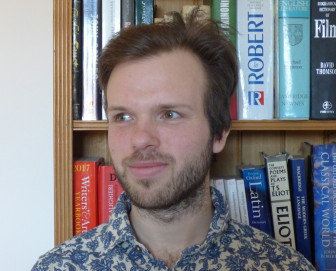
Name: Nat Paterson
From: Glasgow, Scotland
Votes: 0
Drivers ed is vitally important because, because well-educated
drivers will act responsibly as a matter of course whereas
badly-educated drivers tend to do what they think they can get away.
I became aware of how much difference this makes when travelling to
different European countries and seeing the differences in drivers’
behaviour, which depend largely on what drivers have been taught to
consider normal. In Italy, there is a culture of following
restrictions only to avoid getting into trouble, so drivers often
speed when they do not think they will be caught by cameras, and
drink alcohol up to the legal limit. This is much less common in
Northern European countries, where drivers know they increase the
risk of an accident by speeding, and by drinking alcohol of any
amount.
The number of
deaths related to driving can be reduced with a few simple steps.
Driving instructors can place greater emphasis on good safety
practice, and challenge trainees who think they can get away with
behaving irresponsibly. There can also be government initiatives to
change attitudes, such as publicity campaigns, and changes in the law
such as a complete ban on driving under the influence of alcohol.
Individuals can talk with their family, friends and acquaintances
about best practices for drivers, cyclists and pedestrians.
I have not been
involved in an accident myself, but a few years ago, when she was
crossing the road, my grandma was run over and seriously hurt by an
inattentive older driver. This is an example of how important it is
for drivers to think constantly about safety and, more specifically,
for older drivers to undertake new training. My friends and family
usually drive very responsibly, although on one occasion, my dad
drove at 100mph on the motorway after we had been delayed by an
accident and were going to miss a flight. He did not worry about
safety because there were no other cars. Most drivers will behave
like that at some point, but it is important for drivers and
passengers to discuss and reflect on such incidents afterwards, and
commit to changing their future behaviour.
I myself do not
drive, because I have dyspraxia and I think it would not be
completely safe. If I did drive, I would actively review my own
performance, ensuring I was always fully focussed, and avoiding being
distracted by things such as conversations with passengers, the car
radio or my mobile phone. I would also develop the habit of driving
slightly below the speed limit. As a pedestrian and passenger, I
think it is best not to attack drivers directly, but try to encourage
best practice through more general discussions about road safety.